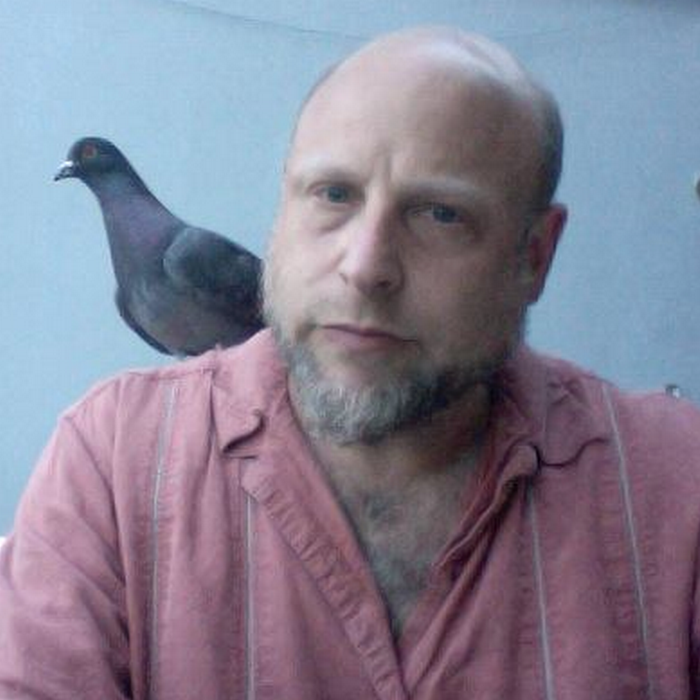No Sphere

A new understanding of the teenage brain.
Neuroscientist Sarah-Jayne Blakemore explores the new scientific understanding of the teenage brain - as complex biological changes affecting how we perceive risk-taking, socialization and our own identities unfold, we lay the foundations for who we are and who we'll become later in life.
Sarah-Jayne is author of Inventing Ourselves: The Secret Life of the Teenage Brain from PublicAffairs.

Who else? Hard times and tough questions for the Russian left.
Historian Sean Guillory explains how his podcast ended up on the wrong side of Facebook's 'political' ad category, and examines the hard questions facing Russia's fractured left - to challenge a political system dominated by Putin from within or without, how to connect local dissent with national politics, and whether to cooperate with Alexei Navalny's liberal opposition movement.
Sean wrote the article Left in a Corner for Jacobin and makes the very recommended Sean's Russia Blog Podcast.

Small scale on a large scale: Towards localization, worldwide.
Local Futures founder Helena Norberg-Hodge connects a worldwide rise in authoritarianism to the precarity and exploitation of global capitalism, and looks towards localization as a path towards reclaiming economic and political power for normal people, building direct relationships of trade, and securing a sustainable future for people and the environment.
Helena wrote the essay Localisation: A strategic solution to globalised authoritarianism for the Transnational Institute.

This is not a comparison between the Holocaust and Slavery: Part Two.
In a Moment of Truth that is definitely not all about comparing the Holocaust and Slavery, Jeff Dorchen compares the aesthetic aspects of the Holocaust and Slavery, and figures out what those differences have to say about oppression, history, racism, fear, art and memory.



